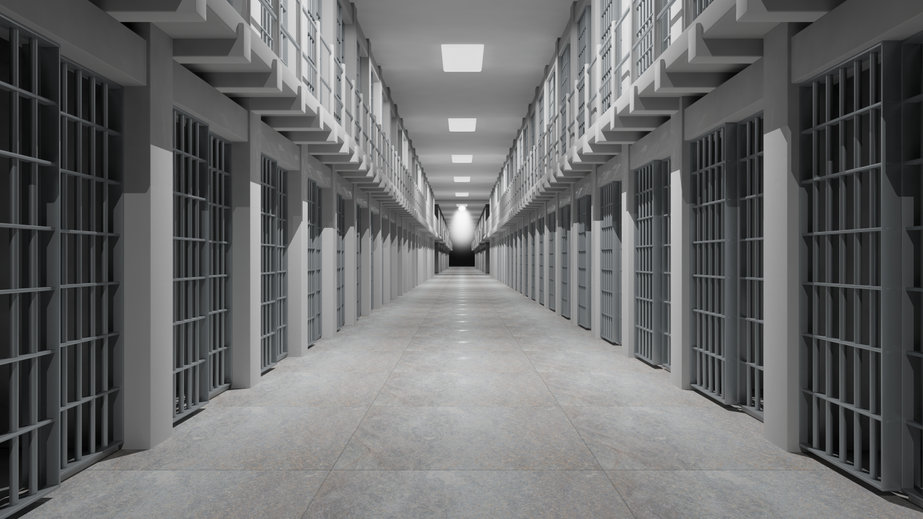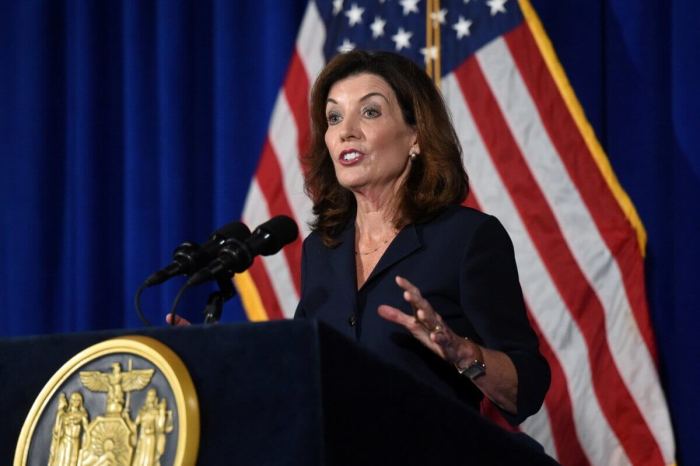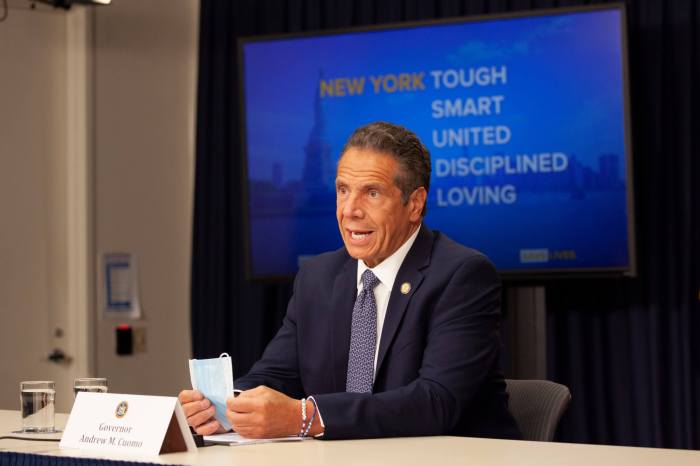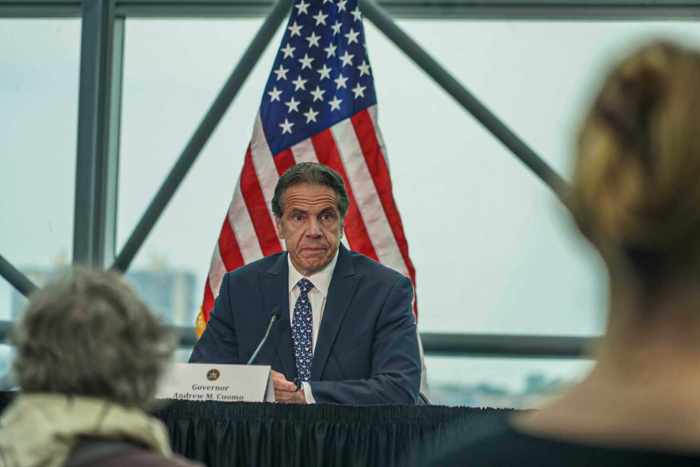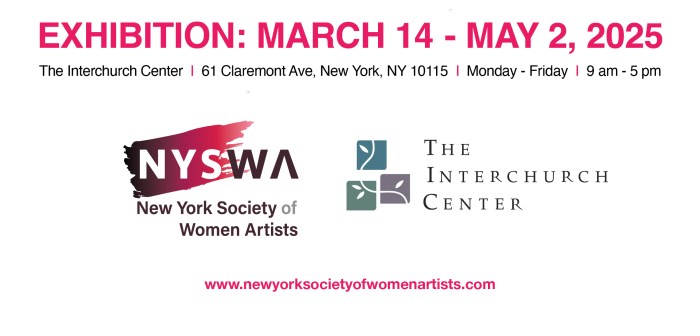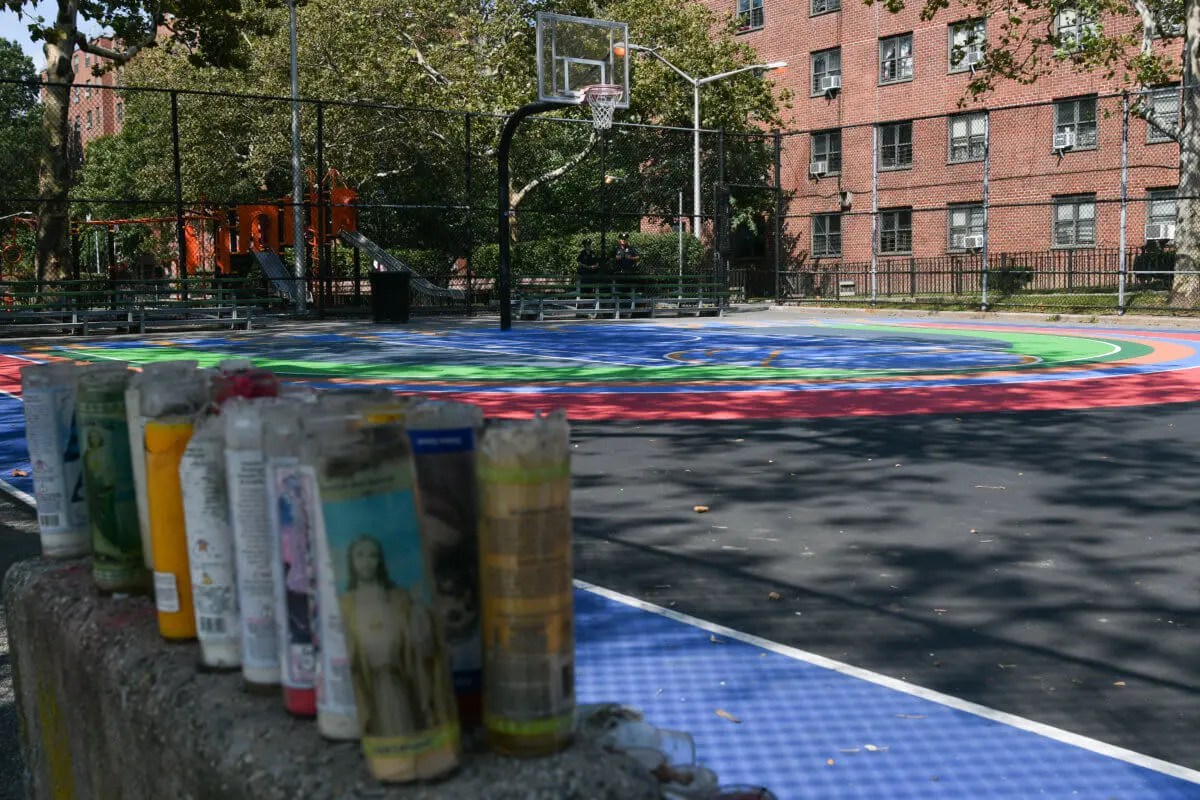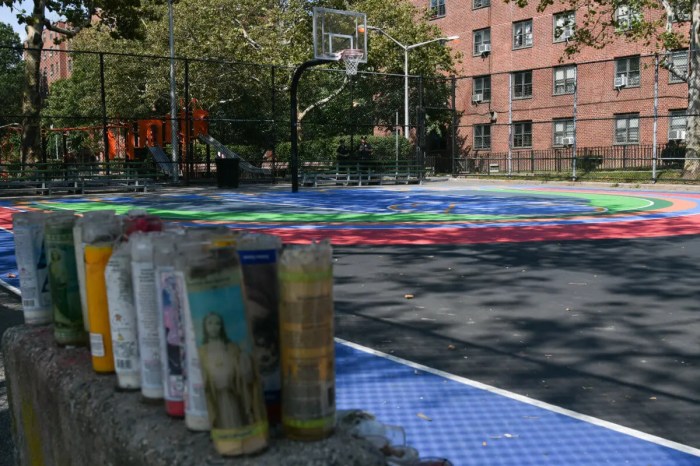New York State legislators, formerly incarcerated individuals, families and faith leaders rallied at the state capitol calling for the passage of three new sentencing reform bills as part of the recently launched Communities Not Cages campaign.
Speakers called for the legislature to pass the Eliminate Mandatory Minimums Act, the Second Look Act, and the Earned Time Act to overhaul sentences that often target the most vulnerable communities in the state since the Rockefeller drug laws and to end New York’s legacy of indiscriminate and excessive punishment.
Proponents of the bills believe they will allow greater investments in community safety and healing by eliminating mandatory minimums, allowing judges to review and reconsider excessive sentences, and supporting transformation and the return of incarcerated community members through strengthened earned time laws.
“Over 30,000 people are currently incarcerated in state prisons,” said Marvin Mayfield, Director of Organizing at Center for Community Alternatives during the April 26 rally. “Nearly 75% are Black or Brown. As intended, these laws exacerbated the mass criminalization and mass incarceration of Black and Brown New Yorkers. We need Communities Not Cages: to decarcerate state prisons, to reduce the power of prosecutors to coerce pleas and dictate sentences, and to address the harms of the sentencing laws passed in the 1970s and 1990s that have created the current crisis of mass incarceration.”
Those familiar with the issues addressed in each measure of the proposed legislature emphasized how existing laws can be extremely prejudicial.
“I served as a judge for 17 years, imposing sentences 80% of which were unfair, unjust and disproportionate, largely because of mandatory minimum sentences,” said former Judge Nancy Getner, regarding the Eliminate Mandatory Minimums act. “Mandatory minimum sentences ignored all the factors which we know to affect recidivism and rehabilitation including – drug addiction, mental health issues, lessons learned about the neuroscience of adolescence and the impact of trauma. The result had little effect on the crime rate, but a deleterious impact on communities of color.”
Advocates spoke further on the harm that they believe prisons and mass incarceration exact on low-income, Black and Brown communities, saying that under current sentencing laws most incarcerated people have no opportunity to demonstrate to a judge that they have changed or to ask for excessive or extreme sentences to be reconsidered to account for new laws and norms.
“Thousands of New Yorkers suffer under New York state’s convoluted, arbitrary and unreasonable sentencing scheme, which is one of the most regressive in the nation,” said Jared Trujillo, policy counsel at the New York Civil Liberties Union. “State lawmakers must pass the Eliminate Mandatory Minimums Act, Second Look Act and Earned Time Act, which together will prioritize community stability and public safety over perpetuating the racial injustice of mass incarceration. New York’s racist and draconian sentencing laws are in desperate need of a total overhaul.”
Individuals with loved ones currently incarcerated also emphasized just how unfair these laws can be and how they can keep people imprisoned for “indeterminate” amounts of time – regardless of how much time prior to sentencing has been served.
“Right now, people like my husband who are incarcerated with indeterminate sentences can only earn a 6-month credit off their sentence no matter how many programs, degrees of achievements they accomplish while in prison,” said Kerry Gant, Center for Community Alternatives’ community leader. “This means that as hard as they work to grow and change, they are doing so without any incentive from the system itself. This is why we are fighting for the Earned Time Act, which will allow individuals to earn good time or merit time, regardless of their sentence of classification.”



